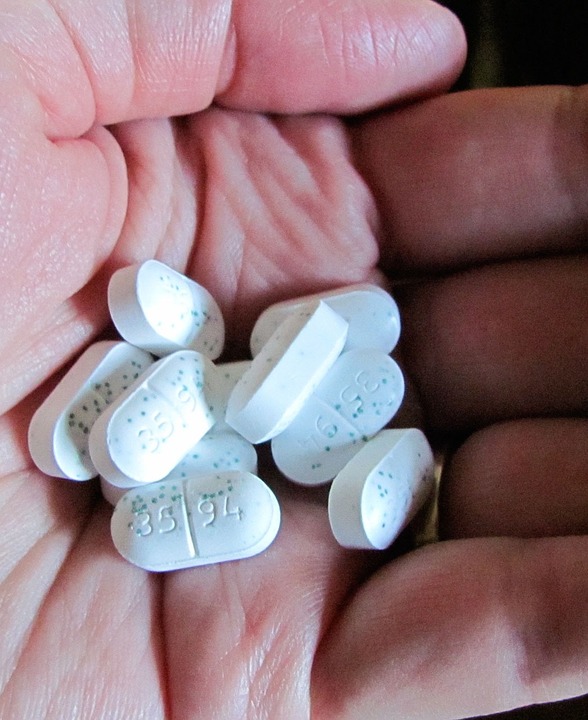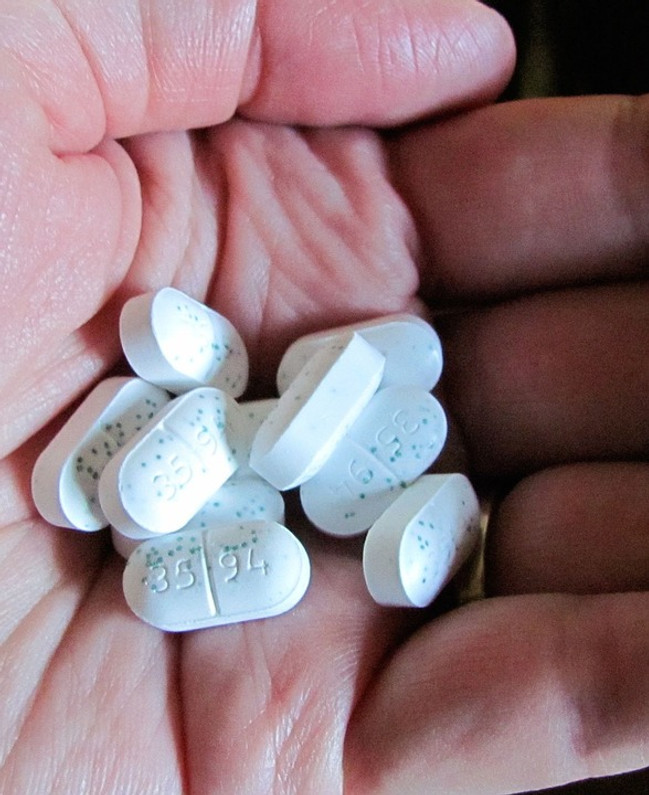New Research Suggests That Daily Aspirin Offers No Health Benefit

Millions of Americans take aspirin on a daily basis, believing that it will thin their blood and subsequently lower their risk of a heart attack. For decades, doctors have advised patients with an increased risk of heart attack to take a baby aspirin each day. Because of its anti-inflammatory properties, aspirin is believed to lower the risk of a heart attack. While this makes sense, there's new evidence suggesting that it may case more harm than good.
According a new study published in the New England Journal of Medicine, taking a baby aspirin offers no health benefits for older adults. For the study, researchers analyzed more than 19,000 Americans, all of whom were at least 65 years old. Researchers found that participants who took a baby aspirin daily had roughly the same risk of heart attack as their counterparts who refrain from taking the over-the-counter drug.
Furthermore, researchers found that people who took a baby aspirin each day were more likely to experience stomach bleeding than their counterparts. And if that wasn't enough, these participants also had an increased risk of early mortality from cancer.
"A lot of people read, 'Well, aspirin is good for people who have heart problems. Maybe I should take it, even if they haven't really had a heart attack. For a long time there's been a need to establish appropriate criteria for when healthy people, elderly people, need aspirin," said the study's lead researcher and author.
Upon reading this, you may assume that taking a baby aspirin is a bad idea. After all, this study found that people who took a baby aspirin had the same risk of heart attack as people who didn't take a baby aspirin. While true, researchers say that taking baby aspirin can actually lower the risk of hart attack in people who've already suffered from a heart attack in the past. Of course, you'll want to talk to your primary care physician before starting any new drug regimen. If you've suffered a heart attack in the past, though, adding a baby aspirin to your daily regimen may prove useful.
There are other things you can do to lower your risk of heart attack. The American Heart Association (AHA), for example, recommends doing either 75 minutes of vigorous exercise or 150 minutes of moderate exercise each week to promote a healthy heart. Exercise is essential to your heart's health because it strengths the heart's muscles while burning fat in the process. In addition to exercising, eating the right foods can protect your heart from disease and illness. Specifically, you should consume less saturated fat and more unsaturated fat -- polyunsaturated and monounsaturated fat -- in your diet.
Recent Posts
-
Fire Safety in the Workplace: What You Need to Know
What steps are you taking to prevent fires in your workplace? According to the U.S. Occupational Saf …Aug 23rd 2023 -
Is It Safe to Go Jogging With a Cold Infection?
If you're suffering from a cold infection, you might be wondering whether it's safe to go jogging. T …Aug 22nd 2023 -
5 Safety Tips to Follow When Using a Powder-Actuated Tool
Powder-actuated tools are commonly used to join materials to steel and concrete. Also known as Hilti …Aug 20th 2023




